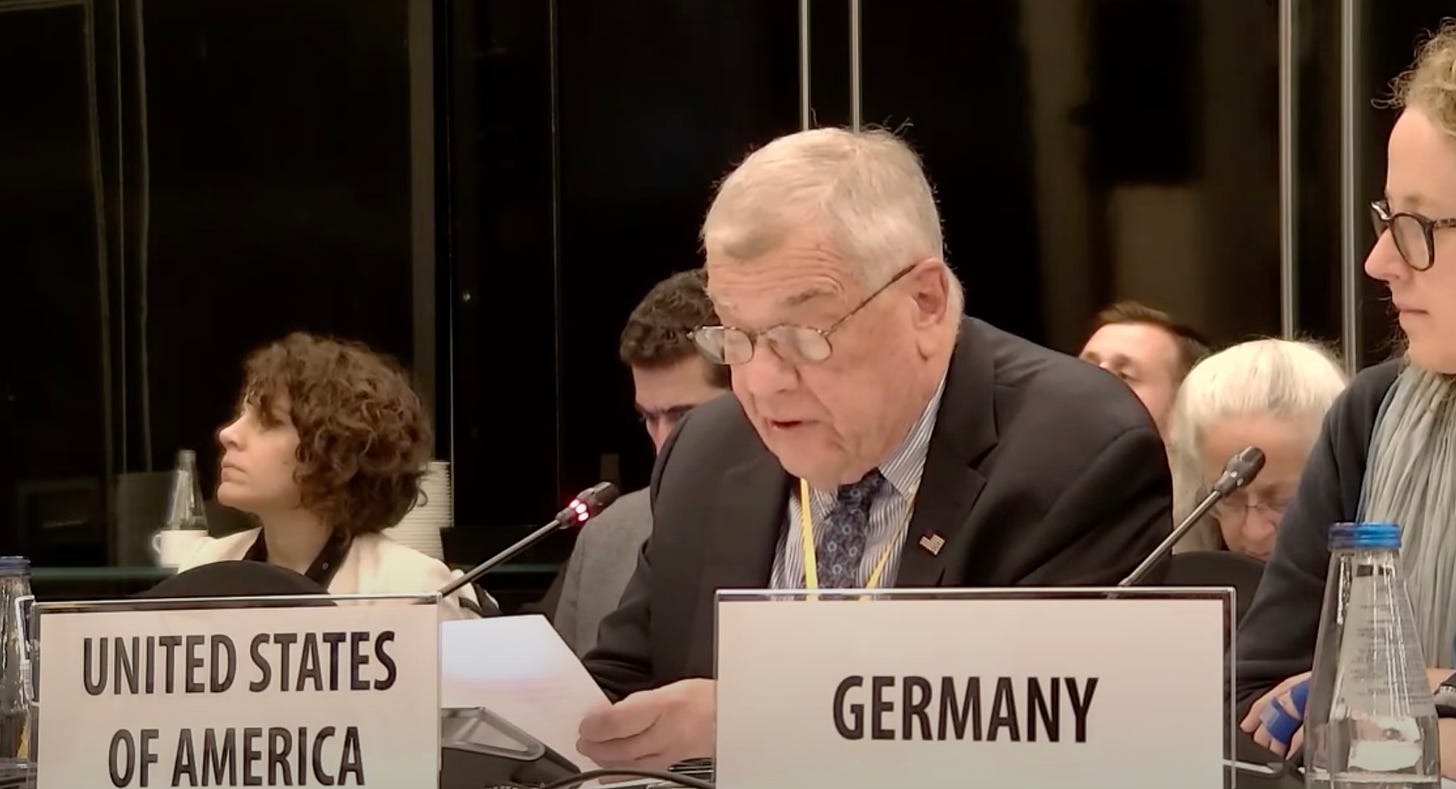U.S. 'concerned' by Zelensky’s church ban
New backlash against Ukraine's ban on religious groups tied to Russia.
International pressure on Ukraine’s President Zelensky is not going away as fresh criticism of the law comes from a U.S. official regarding the potential for “collective punishment” of religious organisations in Ukraine.

Two months after Ukrainian lawmakers adopted the law banning religious organisations linked to Moscow, international reactions are still mounting. After Pope Francis expressed his disapproval at the end of August, the U.S. has openly criticised the law.
In a speech published by the U.S. OSCE Mission and prepared for the Warsaw Human Dimension Conference on 7 October, U.S. Head of Delegation Ambassador Michael G. Kozak urges the Ukrainian government to consult with international bodies regarding some of the law's problematic aspects.
“We are concerned by the law’s potential to collectively punish entire religious communities and blemish Ukraine’s historically robust support for religious freedom,” is reported by the U.S Mission OSCE website.
“We urge the government to seek independent, international review of the law. We will continue to carefully monitor the implementation of the law and sincerely hope it is in line with Ukraine’s international commitments and obligations.”
This is a rare occasion when high-level U.S. representatives publicly disagree with Kyiv regarding the new legislation.
A separate criticism of the law came from Tristan Azbej, Hungary’s state secretary for the aid of persecuted Christians at a separate event in Berlin last week.
“The Hungarian government shares the concerns of the church leaders and believes that the fact that Ukraine is facing Russian aggression and fighting a war of national defense should not result in a serious curtailment of religious freedom,” stated the Hungarian politician at a freedom of religion conference.
It is understood that the concerns expressed by the Hungarian government representative come after several Orthodox church representatives approached Hungarian officials and voiced their concerns over the issue.
Ever since the Russian aggression on Ukraine, Hungary has been adamant in its efforts to block any direct sanctions against Russian Orthodox Church leader, Patriarch Kirill.
Despite Hungary’s opposition, European pressure on the Russian Orthodox Church’s actions in Ukraine remains strong. The Council of Europe’s Parliamentary Assembly (PACE) adopted a resolution recently reaffirming the need to recognise the Russian Orthodox Church as a “tool of Russian state propaganda.”
The Russian Orthodox Church has been singled out alongside Russian state media channels and several media personalities, whose work the resolution states contradicts journalistic ethics and poses a threat to the national security of member states.
Yevheniia Kravchuk, a member of the Ukrainian delegation to PACE, wrote that the Ukrainian delegation “strengthened the text of the document with its amendments on sanctions and the Russian Orthodox Church.”




